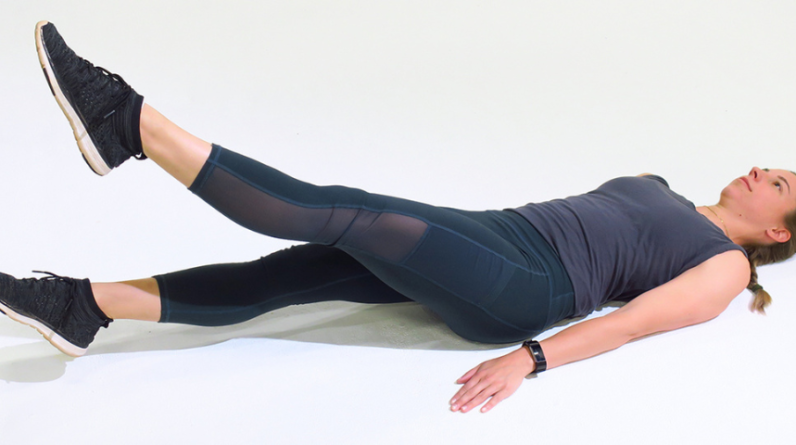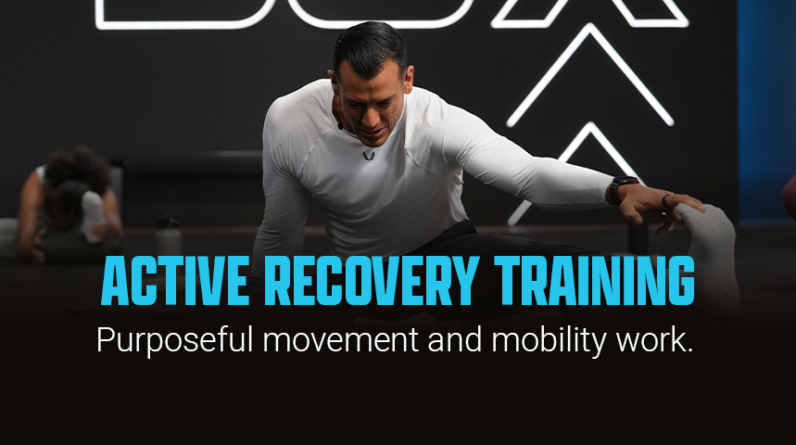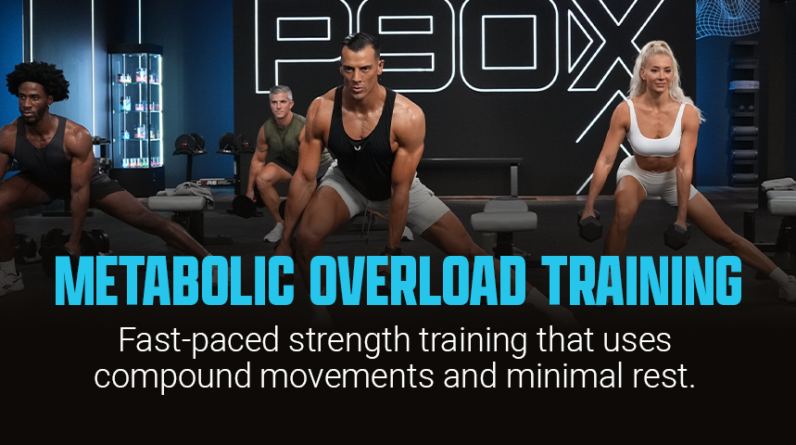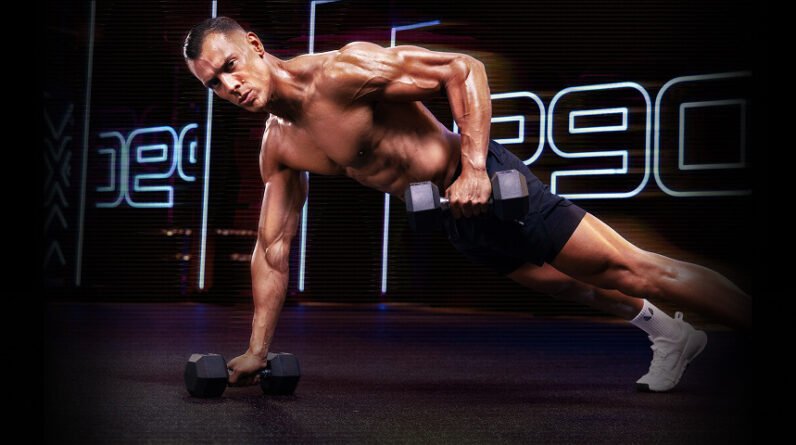
If you’re bored with crunches and have already experimented with every imaginable plank variation, try switching up your ab exercises with flutter kicks, also known as butterfly kicks. Just as effective as leg lifts, flutter kicks offer a more dynamic (and maybe even more fun) alternative to the typical ab exercise.
And if it’s a defined midsection you’re after, flutter kicks can help round out your existing ab work by targeting different muscles than other common core exercises.
Flutter Kicks: Step-by-Step Instructions
Performing flutter kicks with proper form ensures that you will gain the ab exercise’s core-strengthening benefits while also guarding your neck and lower back from injury.
To execute the flutter kick with proper form like in the above clip from LIIFT MORE:
- Lie flat on your back with your legs straight and your arms at your sides or resting underneath your tailbone.
- Engage your core and press your head, shoulders, and lower back into the floor as you raise both legs about 12 inches off of it.
- Keep both legs straight as you alternately lift each foot in a fluttering motion.
- Complete an equal number of reps with each leg.
How to Make Flutter Kicks Easier
- Flutter your legs higher off the ground.
- Perform supine toe taps:
- Lie on your back with your feet lifted and knees bent so your legs and hips form a 90-degree angle (shins parallel to the floor).
- Keeping your knee bent, slowly lower one leg until your heel taps the floor. Make sure your core stays engaged and your other leg stays in place in the air.
- Slowly return the lowered leg to its starting position, and repeat with the other leg.
How to Make Flutter Kicks Harder
Implement one or more of these intensifiers to your flutter kicks to make them more challenging.
- Raise your head and shoulders slightly off the ground to further engage your abdominals.
- Flutter your legs faster while still maintaining control.
- Perform the exercise in a hollow body position, extending your arms straight overhead.
Benefits of Flutter Kicks
1. Improved posture
Like other ab exercises, including leg raises, planks, bird dogs, and leg lifts, flutter kicks target the core muscles. Strong core muscles are crucial to overall health, as they stabilize the spine and pelvis, thereby supporting proper posture and helping to prevent the slouching, slumping, and rounded shoulders that can lead to chronic health problems such as back pain.
2. Injury prevention
“Proximal stability equals distal mobility” is a common refrain in the physical therapy realm and a tenet of human movement. Essentially, it reasons that the stronger and more stable your core is, the better mobility you’ll have in your body’s extremities.
A weak core can result in poor mobility and movement dysfunctions in the arms, shoulders, and legs, which can, in turn, lead to injury. Incorporating flutter kicks and other core exercises into your fitness regimen can help keep your body moving effectively and avoid injury.
3. Defined abs
Sure, proper posture and injury prevention are important, but what can butterfly kicks do for your physique? When paired with other ab exercises like planks and crunches, a lot, says Trevor Thieme, C.S.C.S.
“Any exercise that targets your rectus abdominis engages the entire muscle, but most people take a top-down approach to working it, focusing their ab-sculpting efforts on crunches and sit-ups,” he says. “That’s what makes the flutter kick a valuable addition to any exercise arsenal — it provides a novel challenge for your abs that can help you build a six-pack even faster.”
4. Calorie-burning cardio
The dynamic nature of flutter kicks makes them a great addition to cardio circuits. While flutter kicks will fire up your muscles, they’ll also elevate your heart rate. Try mixing 30 to 60 seconds of flutter kicks into your next HIIT workout.







